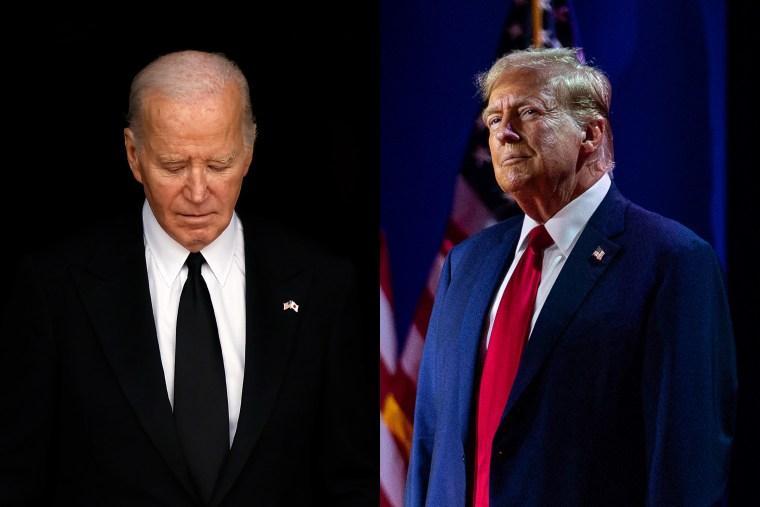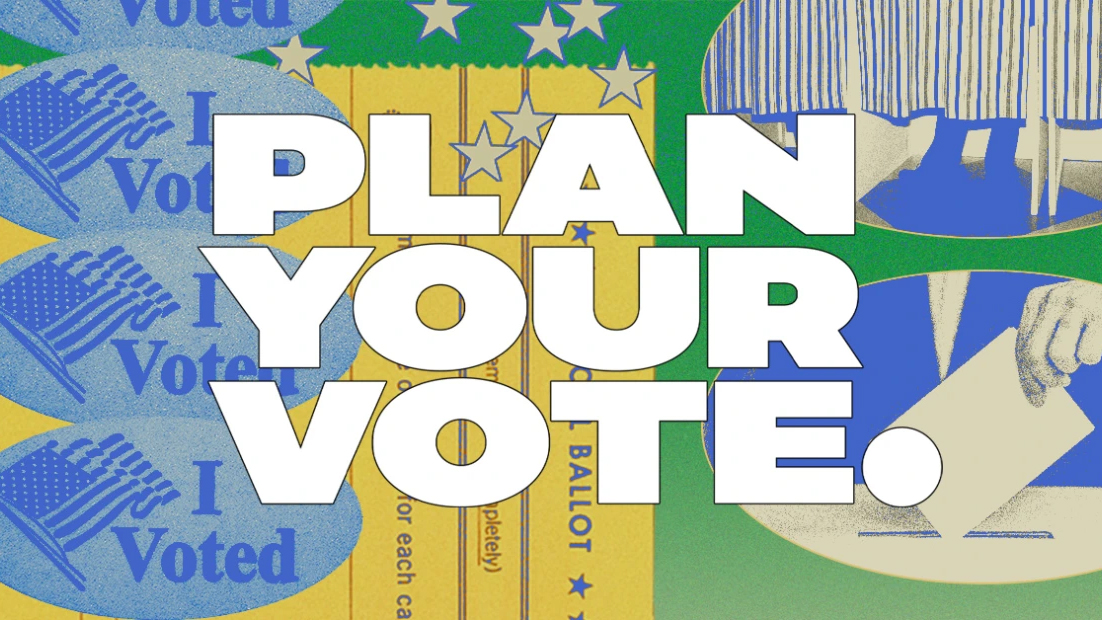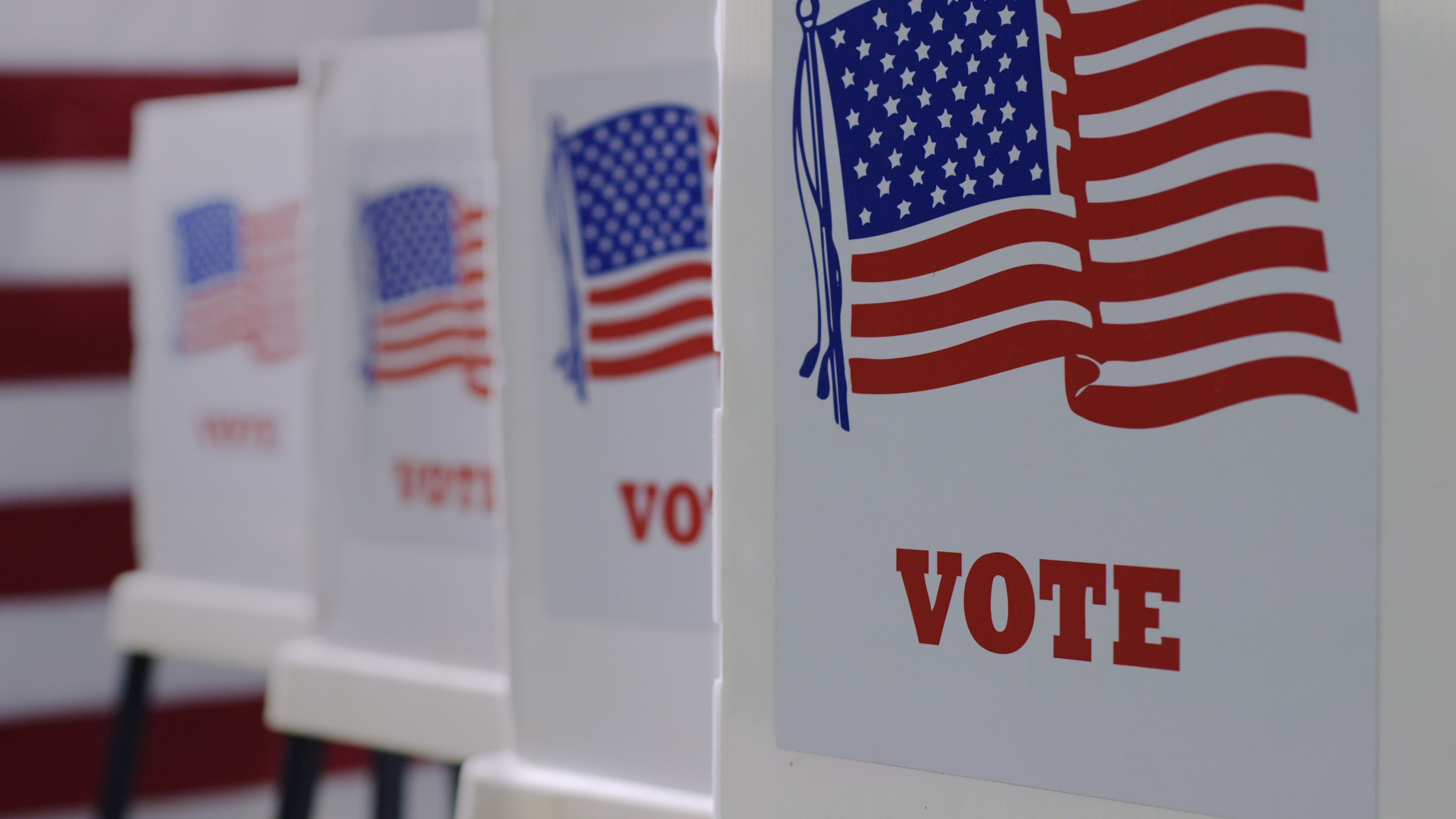
Over just 25 days, the presidential race has been reshaped in historic proportions with an attempted assassination of one candidate and with another dropping out of the race.
With President Joe Biden announcing Sunday that he would no longer seek his party's nomination, it is unclear who the Democratic nominee will be just over 100 days before the election — though Biden and several other prominent Democrats have thrown their support behind Vice President Kamala Harris.
Republicans appear to be seeing a wave of renewed enthusiasm from their base of voters following the failed attempt to assassinate former President Donald Trump last weekend.

Get top local stories in Philly delivered to you every morning. Sign up for NBC Philadelphia's News Headlines newsletter.
It's a sharp reversal of course for a contest that was shaping up to be a largely predictable rematch of the 2020 election. Here is a timeline of the events that have redefined the 2024 presidential race:
June 27: Biden and Trump debate in Atlanta, with many Democrats panning Biden’s poor performance. Immediately following the debate, several former Democratic elected officials and political advisors suggest Biden should end his re-election bid.
June 28: At a rally in North Carolina, Biden acknowledges his poor debate performance, saying: “I know I’m not a young man. ... I don’t debate as well as I used to, but I know what I do know — I know how to tell the truth.” He vows to fight on: “When you get knocked down, you get back up.”
July 2: Rep. Lloyd Doggett of Texas becomes first Democratic member of Congress to call for Biden to withdraw. Ultimately, dozens more will follow.
July 5: In an interview with ABC News, Biden insists he will remain in the race “If the Lord Almighty came down and said, ‘Joe, get out of the race,’ I’d get out of the race. The Lord Almighty’s not comin’ down,” Biden said.
July 7: Four additional congressional Democrats call for Biden to exit the race.
July 8: Biden calls into MSNBC’s “Morning Joe,” saying, “I’m not going anywhere,” as Democratic leaders, progressives and members of the Congressional Black Caucus say they’re standing behind him.
July 11: Biden holds a news conference after the NATO summit, answering questions about policy but also mistakenly calling Vice President Harris “Vice President Trump." Biden tells reporters, “I’ve got to finish this job, because there’s so much at stake.”
July 13: An assassination attempt injures Trump in Pennsylvania, and Republicans quickly seek to use the incident as a show of Trump's strength and resilience. Shortly before the assassination attempt, Biden had held tense private calls with Democratic lawmakers.
July 15: In an interview with NBC News’ Lester Holt, Biden vows he’s not leaving the contest: “It’s essentially a toss-up race.” Trump announces Sen. JD Vance of Ohio as his vice presidential running mate.
July 17: In Nevada, Biden tests positive for Covid and heads to his home in Delaware to isolate. Rep. Adam Schiff of California becomes one of the most prominent Democrats to urge Biden to “pass the torch” and exit the presidential race.
July 18: Trump formally accepts the Republican nomination in his first public speech since the assassination attempt.
July 19: Reporting by NBC News indicates that members of Biden’s family have discussed what an exit from his campaign might look like. White House spokesman Andrew Bates denies any such exit discussions are happening among the family.
July 21: Biden announces he will leave the presidential race and endorses Harris to be the party’s nominee.
This story first appeared on NBCNews.com. More from NBC News:



